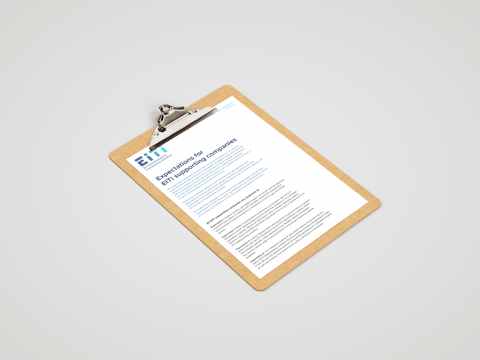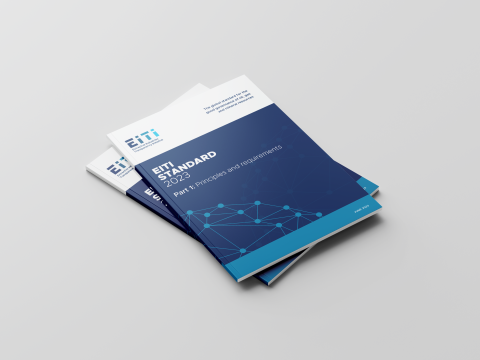
Efforts to bring transparency to the commodity trading sector were given new momentum last month in Switzerland, the global centre for commodity traders. EITI Chair Fredrik Reinfeldt addressed traders at the FT Commodities Summit in Lausanne. This was followed by a meeting with EITI stakeholders and trading companies to address how the EITI Standard can support their efforts to be more transparent when purchasing natural resources. The ground-breaking work by the EITI is gaining traction beyond EITI countries with NOC Libya committing to disclose data in line with the EITI Standard.
The other half
To date, more than USD 2.5 trillion in revenues has been disclosed by EITI countries. Over half of these revenues come from the sale of countries’ share of oil, gas or mineral production to commodity traders. However, while these trades represent a vital source of income for some EITI countries, the management and oversight of these transactions has often been opaque.
Country and industry-led efforts
In 2013, the EITI Standard required that first trades between national oil companies and commodity traders be disclosed. The bar has since been raised with an expanded requirement in the 2019 EITI Standard. Transparency in the first trade has multiple benefits; it can support greater competition, improve access to capital, make trading more efficient, enhance the reputations of traders and increase the social license to operate.
EITI countries such as Ghana, Nigeria, Indonesia and Iraq have already begun to publish more detailed data on these trades. Traders have also been engaging with the transparency agenda through the EITI; trading giants Glencore and Trafigura have been disclosing data for several years now. In the case of Trafigura, the EITI has provided a framework for transparency that has allowed the company to disclose more detailed data than in non-implementing countries. Gunvor, another major trading company, has also committed to publish data.
EITI working group and the 2019 Standard
Other major traders have been contributing to developing reporting frameworks to strengthen transparency norms in the industry. Discussions have taken place through a working group convened by the EITI including transparency leaders from governments, industry and civil society.
Building on these early efforts, the 2019 EITI Standard will further strengthen the disclosure requirements related to commodity trading. EITI countries will be encouraged to be transparent about their process for selecting buyers and the sales agreement. The requirement will also make a more specific reference to resource-backed loans and loan payments. It will also encourage the disclosure of payments to government by commodity traders.
Strengthening norms beyond EITI
The EITI’s ground breaking work on commodity trading transparency has started a movement that is gaining traction beyond EITI countries. At the meeting in Lausanne, Mustafa Sanalla, Chairman of Libya’s National Oil Company, said:
“EITI is the benchmark for international transparency for our industry. We are thus exploring further cooperation to help institutionalize good governance and transparency and pave the way for other national entities. Transparency makes business sense - deterring abuse of authority and corruption while building investor confidence. Our mission is to transparently administer Libya’s resources for the benefit of all Libyans while ensuring good governance for future generations.
EITI Executive Director Mark Robinson commented on Libya commitments to the EITI, stating:
The EITI Standard is evolving to cover the first trade between states and commodity traders, ensuring transparency in these high value transactions that resource-rich states, such as Libya, rely on. The EITI has brought together a progressive coalition of countries and trading companies that are forging ahead. It’s the right time for other countries and the rest of the commodity trading industry to get on board.
EITI Global Conference 2019
These developments have bought greater transparency to commodity trading. The EITI’s 8th Global Conference in Paris on 18-19 June will be a focal point for further discussions on how commodity trading transparency can strengthen governance in the oil, gas and mining sectors.


